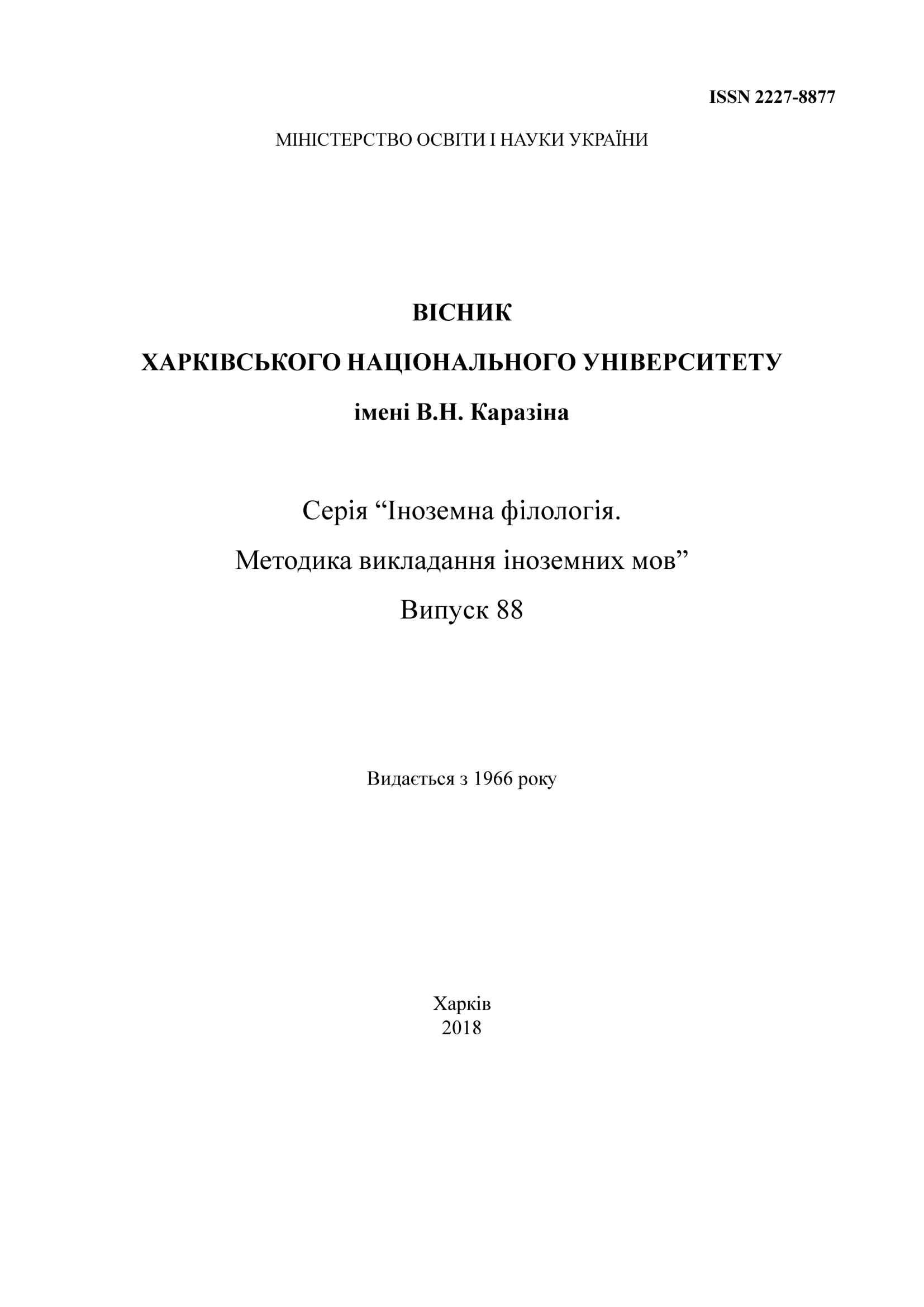The purpose and objectives of the modern business letter
Abstract
The paper analyzes the criteria of characterizing a modern business letter. It seems logical to differentiate between effective and well-written business letters. If the letter accomplishes the writer’s purpose for writing, it can be considered effective. And whether or not the business letter is well written can be determined by its influence on the reader. As is argued in the article, the purpose of the modern business letter is to satisfy the interests and requirements of the target audience, to assist it with decision-making. Similarly, the key features characterizing a well-written business letter can be identified with reference to its addressee. How fast and effectively the reader will manage to collect the information contained in the letter and required to facilitate his decision-making, depends on such fundamental qualities of the letter as clarity, conciseness and ability to engage the reader. They are taken to constitute the primary objectives of the modern business letter. Clarity of style must correlate with the writer’s purpose for writing, but primarily – with the background knowledge and the requirements of the target audience. Conciseness is understood in the article as avoidance of redundant expressions and constructions that only add bulk and obscure the meaning of the text. Clarity and conciseness constitute the key premise of the Plain English movement. The latter seeks to make business documents more comprehensible to common people. To engage the reader, it is worth considering logos, ethos, pathos and topos – these main categories of classical rhetoric can be helpful in drawing the reader’s attention to the business letter at hand.
Downloads
References
Жеребило Т.В. Словар лингвистических терминов: Изд. 5-е, испр. и доп. Назрань: Пилигрим, 2010. 486 с.
Словопедія [Електронний ресурс]. Режим доступу: http://www.slovopedia.com/
Составление деловых писем // Секретарское дело. Ежемесячный профессиональный журнал [Електронний ресурс]. Режим доступу: http://sekretarskoe-delo.ru/?id=441
Пафос, логос, этос – секреты аргументации от Аристотеля [Електронний ресурс]. Режим доступу: https://4brain.ru/blog/пафос-логос-этос/
Яхно Т. П., Куревіна І. О. Конфліктологія та теорія переговорів: навчальний посібник. К.: Центр навчальної літератури, 2012. 168 с.
Golden Bull award winners 2017. Available at: http://www.plainenglish.co.uk/campaigning/awards/2017-awards/golden-bull-award-winners.html
Longfield A. Young people's rights on social media. Available at: https://www.childrenscommissioner.gov.uk/2017/09/29/childrens-commissioner-launches-social-media-giants-terms-and-conditions-jargon-buster-to-give-kids-more-power-in-digital-world/
Osbeck M. What is "Good Legal Writing" and Why Does it Matter? Drexel L. Rev. 4, No. 2, 2012. P. 417–466.
Plain English awards 2017 // Plain English Campaign. Available at: http://www.plainenglish.co.uk/campaigning/awards/2017-awards/plain-english-awards.html




